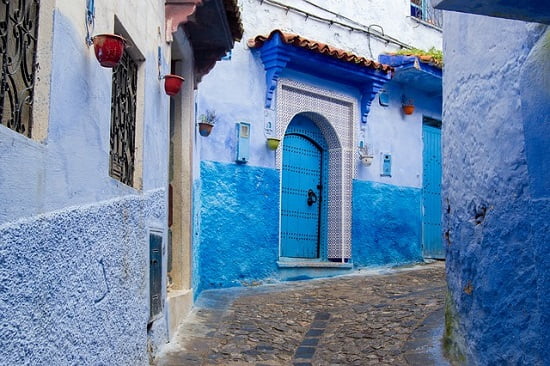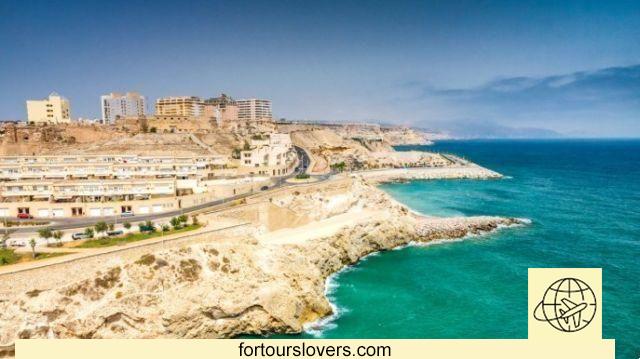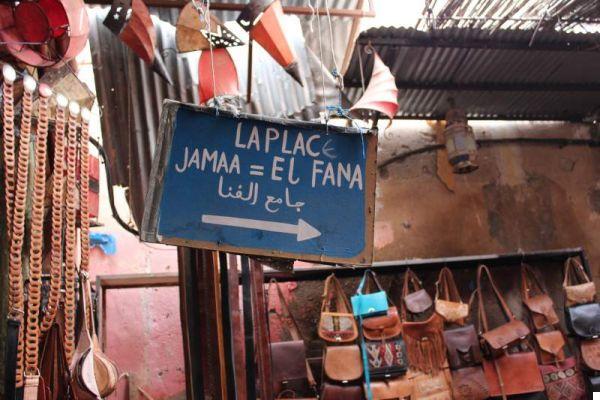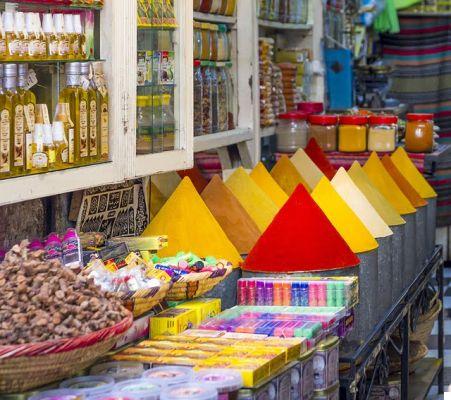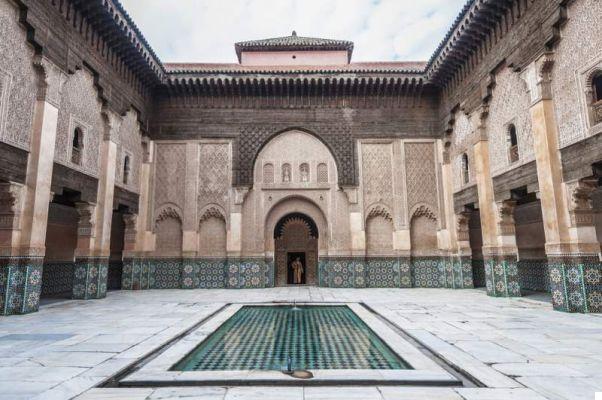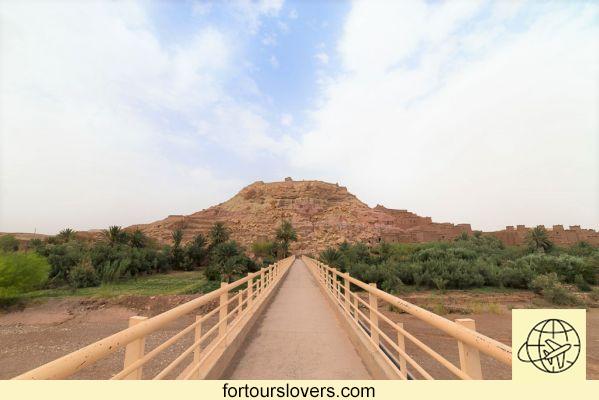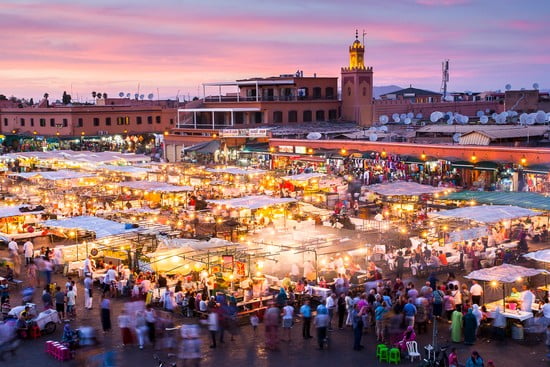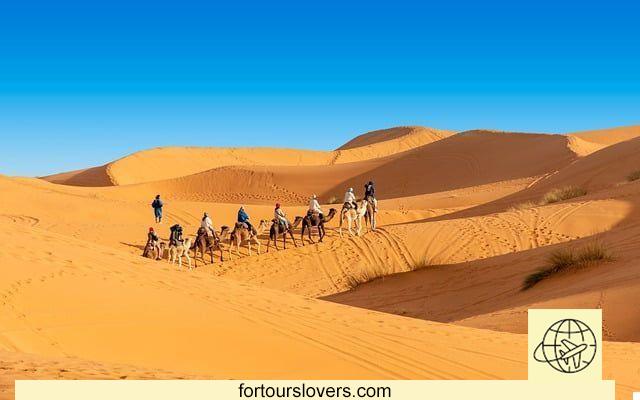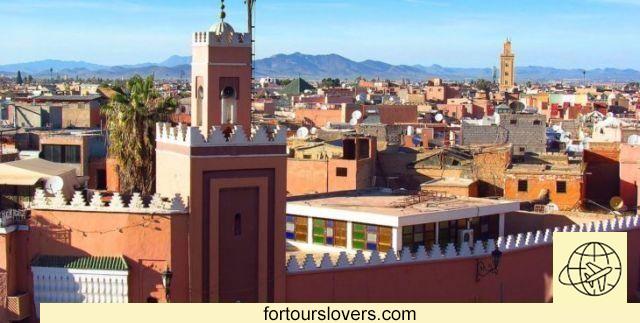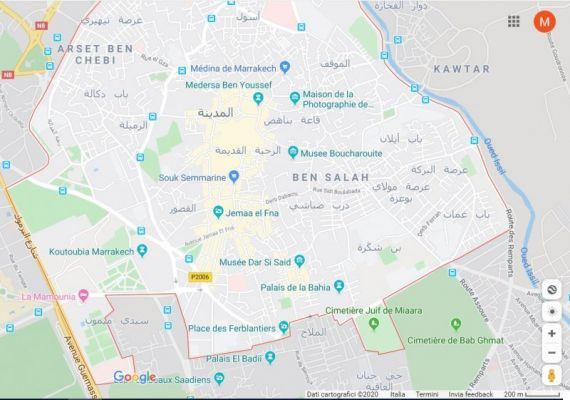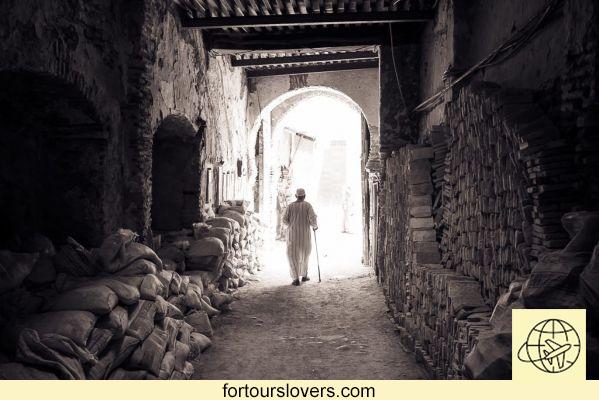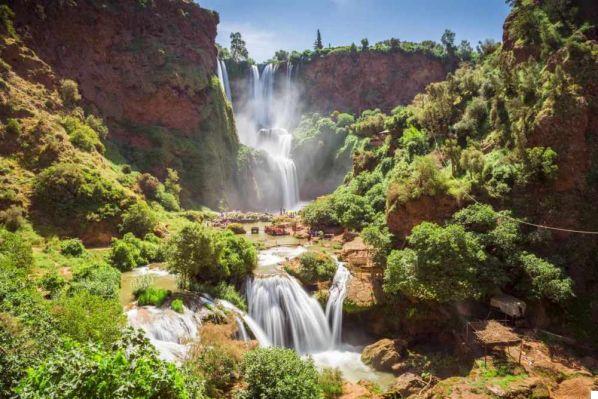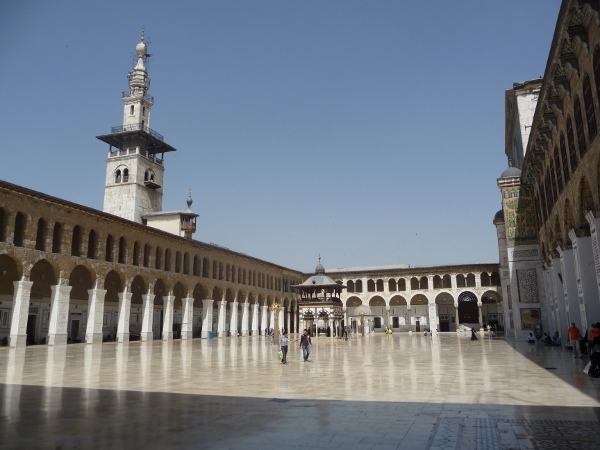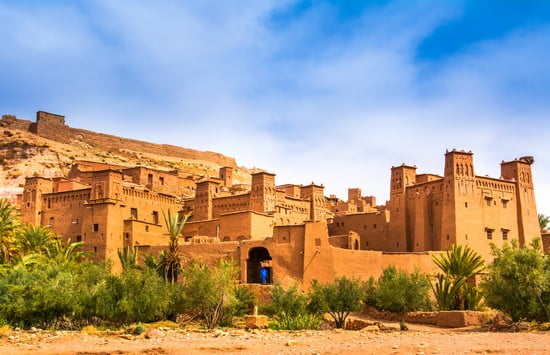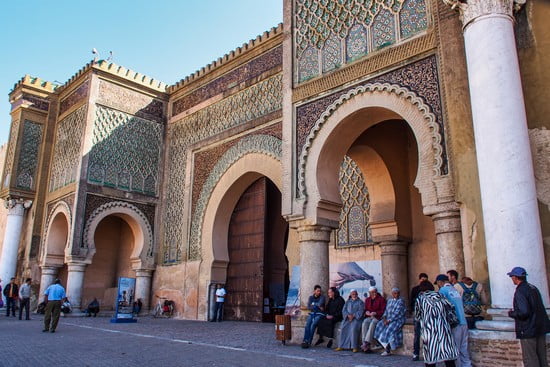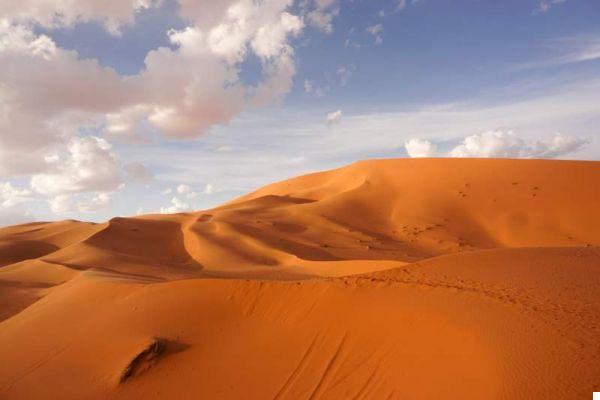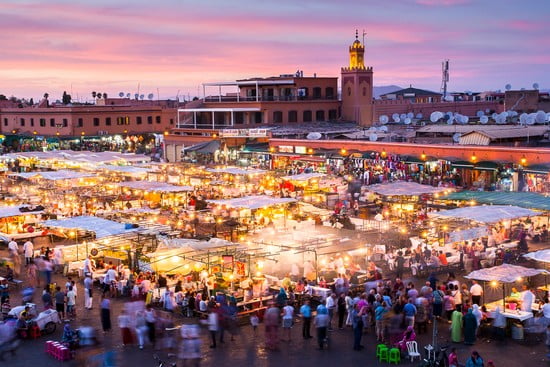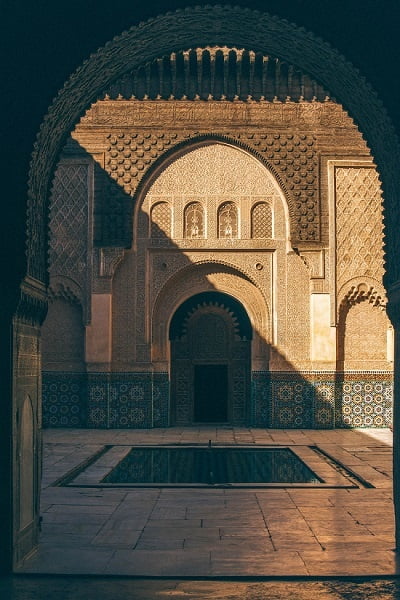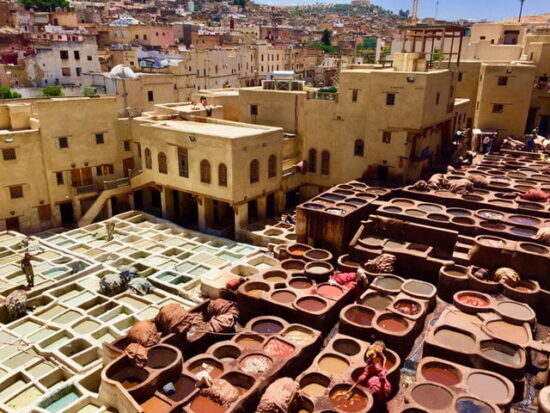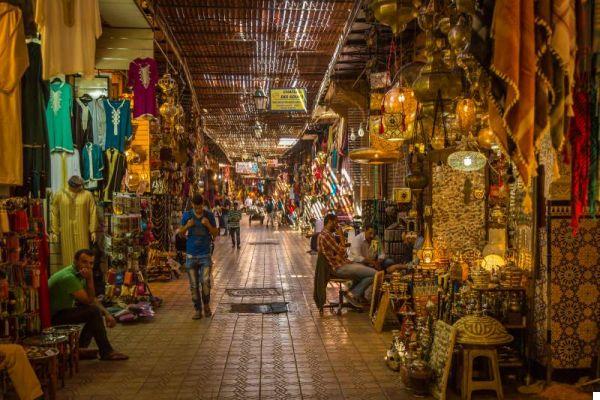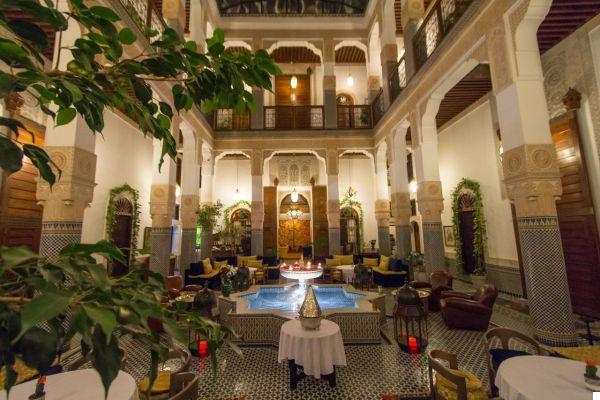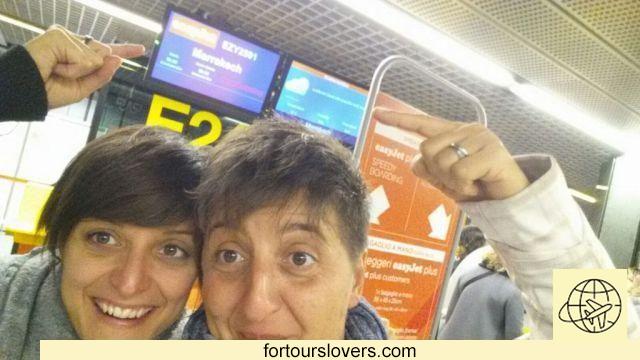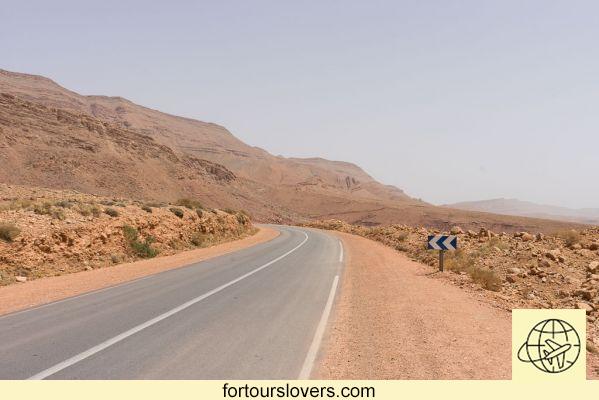
Tips for safe travel to Morocco
By clicking on each item of the index just above, you can reach the segment that interests you most.
What to do before leaving?
To travel safely in any state, what I always recommend is to take out travel insurance that allows you to travel without worries. In creating a travel itinerary I think it is an aspect that should not be underestimated because unexpected events can happen during the trip and having support is essential. I always lean on www.viaggisicuri.com and I usually do silver coverage with the addition of the deductible exclusion. I also had the opportunity to test its validity on my trip to Mexico due to a little food poisoning and I found myself very well, so I can only recommend it.
Costs in general
Un trip to Morocco it's a cheap travel. Air travel has a relatively low cost compared to intercontinental routes, and the costs once you arrive in Morocco are really low. I booked all the hotels already knowing the various prices per night and already at the time of booking and I was amazed at how the rapporto qualità / prezzo was good.
Furthermore, there is no difference between the areas of Morocco. The costs of Marrakech are similar if not the same as those found in other Moroccan areas. Perhaps the cheapest area I found was Errachidia because I stopped for a coffee and the prices were ridiculous, I mean 20 dirhams for 2 mint teas and 2 bottles of water including table service. Not that a coffee can make all the grass a bundle but it gave me the idea of being a less inflated area.
I transport costs by taxi they are subject to pre-departure bargaining but apart from the areas where they sign up (see airports or just outside attractions such as the Majorelle Gardens in Marrakech) we are in the order of a few tens of dirhams. A ride from the center of Marrakech to the airport costs for example 100 dirhams and is a 15-minute journey.
As for the food in Chefchaouen we spent 120 dirhams for dinner in two people eating 2 tajines, 1 plate of appetizer, 1 water and 2 mint teas. Of course I'm talking about mid-range restaurants. I've only been to an expensive restaurant, the Nomad in Marrakech, but by expensive I mean 30 euros in 2 people for a dinner.
The inputs the various palaces / kasbahs are always between 10 and 20 dirhams, gasoline is around 10.5 dirhams per liter, in short, Morocco is an economic destination.
Where to change euros into dirhams? Can it be withdrawn?
During my trip, the exchange rate was 10.8 / 10.9 dirham for 1 euro. I didn't find big differences between changing euros at the airport or changing them in the city center. However, the advice is not to change too many euros in relation to how much you expect to spend, it is not convenient to exchange dirhams in euros.
For the ATM withdrawals I had no problems. Only one bank did not accept my credit card or debit card, but I suppose it was a problem with the bank or the ATM.
Credit cards in Morocco
Il Morocco and credit cards don't exactly get along. In restaurants it makes no sense to pay by card but in hotels I expected it to be possible, after all they insert it as a service that almost everyone offers. But yet, only the hotel in Tangier accepted payment by credit card, in all other situations I had to pay with cash. Since there are commissions, many establishments prefer the classic payment. With this anecdote I suggest that you always have local money at hand, euros are also good, in any case cash.
Travel by car in Morocco
Morocco is not a difficult country for a trip by car… If you don't go into urban centers! In this case it becomes one mission impossible and you have to stay clear and calm. Carts, buggies, donkeys, mopeds, cars left and right, prevailing horns, non-existent precedence, in short, the highway code is an opinion.
Analyzing my travel itinerary in Morocco, from city of Marrakech until you get to the chaotic but beautiful Fez I have not had any kind of problem in this regard. Little traffic, the main road is clearly visible while the secondary ones leave something to be desired, indeed they do not even exist because they are often agglomerations of gravel and earth, mud when it rains.
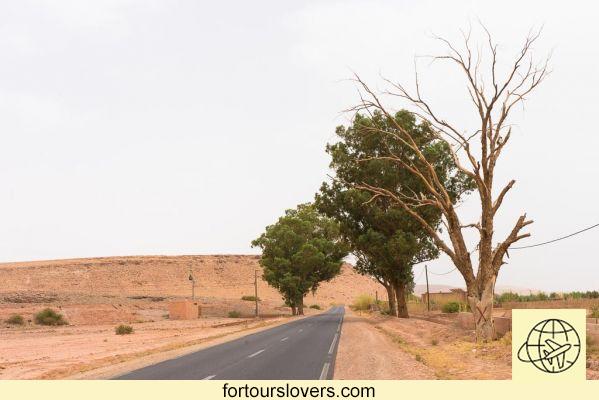
There are only two precautions that I can think of to point out, one concerns the car rent and the other the omnipresent police on Moroccan roads.
Car rent: I found myself in difficulty with returning the car. Wherever you return the car, ask carefully if there is someone around you from the company you have chosen. When I returned the car, no one had an identification uniform and even less someone came to me and asked me which company I was returning the car to. At least this happened to me at Tangier airport.
It may interest you: how to rent a car.
Police, limits and checkpoints
The Moroccan police: on your car journey, pay attention to the constant presence of police forces along the roads. Many people come home with a speed fine, I returned home with a fine for not respecting the stop.
The question arises spontaneously. On a straight road for miles and miles, where can you find a stop? Answer: nowhere, unless it is the same police who put up the sign.
I'll explain how it works: i checkpoints they are not like in Spain where you only stop if the police signal you. No, in Morocco every police posting corresponds to a checkpoint. Near the roadblock you will find signs of slowing down on the side of the carriageway. At the point where the police will be, you must necessarily stop and wait for them to give you permission to pass. Here, I have "drunk" this stop, or rather I passed it at the beauty of 5 km per hour, and therefore fine either.
They told me that all police checkpoints function as a checkpoint, in reality it is not really true because sometimes there are stops, other times you just have to slow down, other times you can find the spiked strips that lead you to maneuver.
I speed limits they can be 40/60/80 or 100. The fast roads vary between 80 and 100. In the village between 40 and 60. Be careful to respect them because the police lurk at a long distance and irremediably trigger the fine.
Driving license: There is NO need to have the international driving license the European driving license is enough.
GPS Navigator: I relied on an offline navigator, only the GPS signal is needed. Sometimes it is difficult to find the right street name, so in some situations it might be useful to use the data connection with google maps.
Parking lots: in my ontheroad in Morocco I didn't have much need to park and find a place. The only problem was in Fes where there are no signs and I found illegal parking. I have never seen signs with the P parking lot but it could also be that I lost them trying not to hit some cars in the middle of traffic.
Recommended food and restaurants
The food factor was a small disappointment, I was expecting much more flavor-laden dishes instead I was satisfied only on a few occasions. I've probably made some bad choices about where to go.
The best known courses are the Tajine which can be of various types of meat, the Cous Cous, the Moroccan salad, Skewer (flavored skewers).
The best Tajine was the one with plums at the Sindibad restaurant in Chefchaouen, very good! Even at the Luxury camp in the desert they brought me a great meat dinner.
Moroccan street food is linked in particular to sweets and also to dried fruit. You will find many stalls with sweets of all kinds but by just eating one you will have already stocked up on sugar for a whole week. Sugar is widely used in the Moroccan tradition, the average is 36 kg of sugar per person per year. A disproportionate figure.
How not to mention the Mint tea, a sign of hospitality but also a real ritual with their particular way of pouring it. Usually the tea is served sweetened and, since they put a lot of it, if you like it less sweet it is better to have it brought without sugar or with sugar on the side. Sometimes I couldn't finish my cup because it was so sweet that, as far as I'm concerned, it was undrinkable.
After a few days of drinking tea it will become a custom for the tourist himself, a day without tea does not exist in Morocco.
Data connection, WiFi and electrical sockets
WiFi in hotels is poor. Sometimes he goes flat and sometimes he crashes. In restaurants and clubs it works better but not all places have WiFi service. The advice is to buy a SIM card which will surely come in handy. Coverage is good.
Information about electrical outlets is also becoming essential, with all the electronic devices we have to recharge every night. The electrical sockets in Morocco are the same as those in Spain with the difference that they do not have a central earth pin. The advice is always to get a universal adapter .
Do it yourself Vs Guided Tours
If any of you have been reading me for a while, they will know that I love create an itinerary as far as possible all by himself. You also know that DIY shouldn't override an experience or make it less pleasant. Some countries allow a meticulous organization, others need the help of specialized local agencies to be better understood. In the case of Morocco I could say that you can make a good mix, you can organize something yourself, something else you cannot.
If your idea is to see a Morocco without any filter and then immerse yourself completely in the country, aware of the problems that this entails, then organize your ontheroad or in any case your itinerary by yourself.
If, on the other hand, your idea is to exclude any unexpected and any hassle, then in Morocco I recommend you to rely on a local agency that will create your personalized itinerary starting from one of their proposals. In Morocco I met several Italian people who were doing a tour similar to mine supported by the agency, their perception of things and experiences was very different from mine. The guided tour avoids misunderstandings, takes you around with a personal driver, risks and contingencies are minimized.
The decision is up to you, it depends on how you want to see Morocco.
What is certain is that for some excursions I strongly recommend you to rely on the agency.
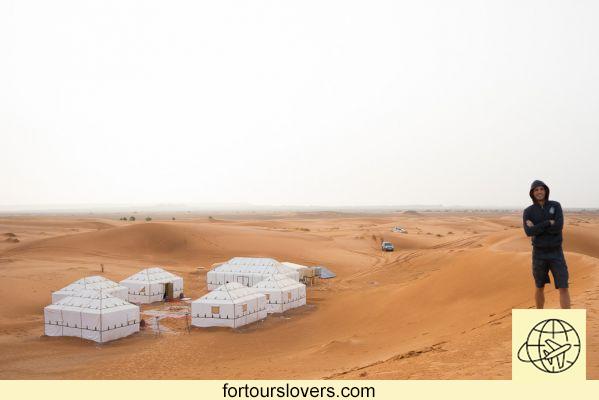 For the night in the desert I relied on a local agency that took me to a fantastic luxury camp. Organizing the night in the desert independently is not convenient.
For the night in the desert I relied on a local agency that took me to a fantastic luxury camp. Organizing the night in the desert independently is not convenient.
Even in the cities, do not go alone, it is always better to get to know the city initially with a certified local guide at your side. The medina is a labyrinth and getting lost is easy.
Conclusion
Traveling safely in Morocco is simple, you just need to take some precautions and leave prepared. The Morocco is not dangerous, or rather it is dangerous like any Spanish city, you just have to leave prepared, these tips will certainly help you to get a better picture of the situation and I hope they will allow you to discover a country of great charm.




